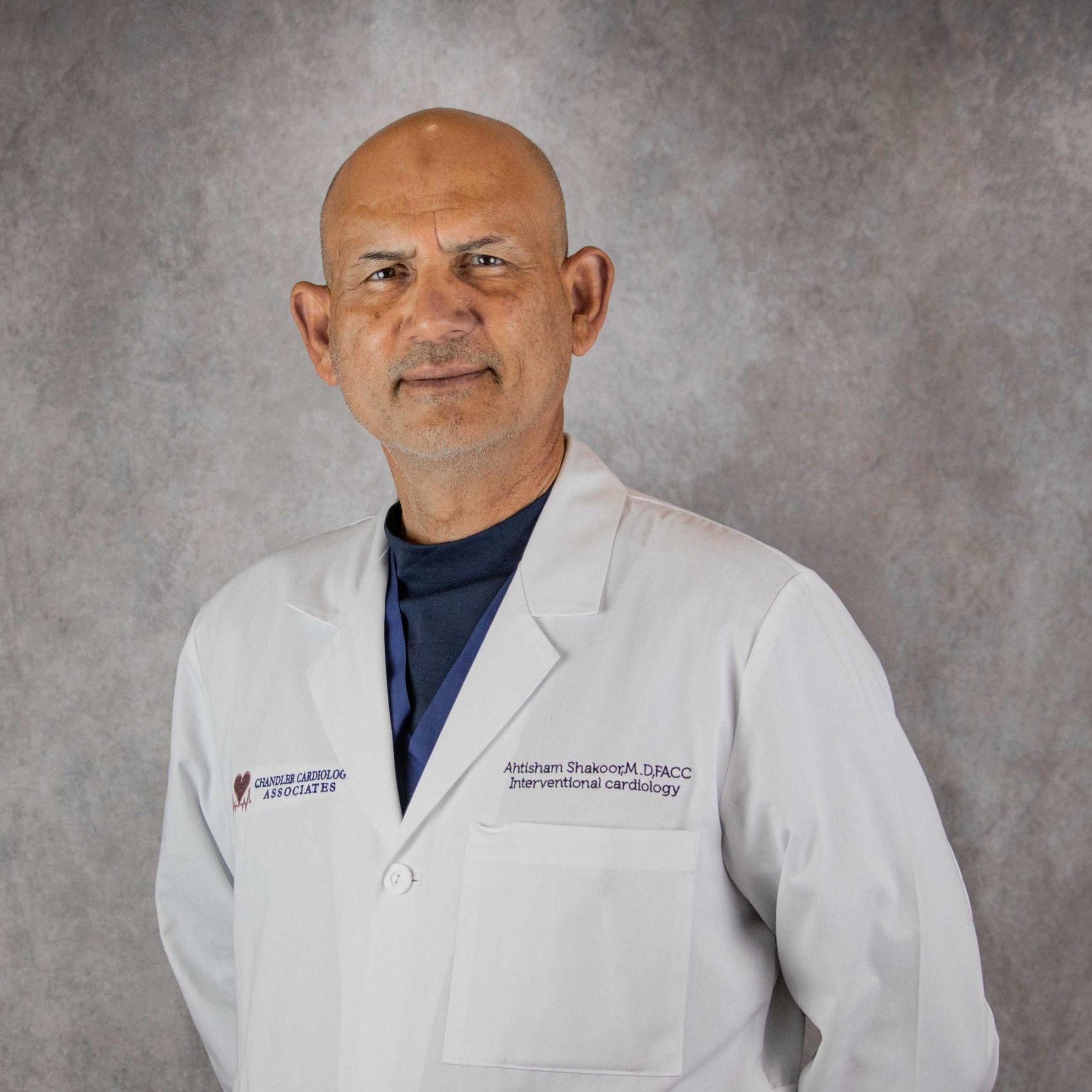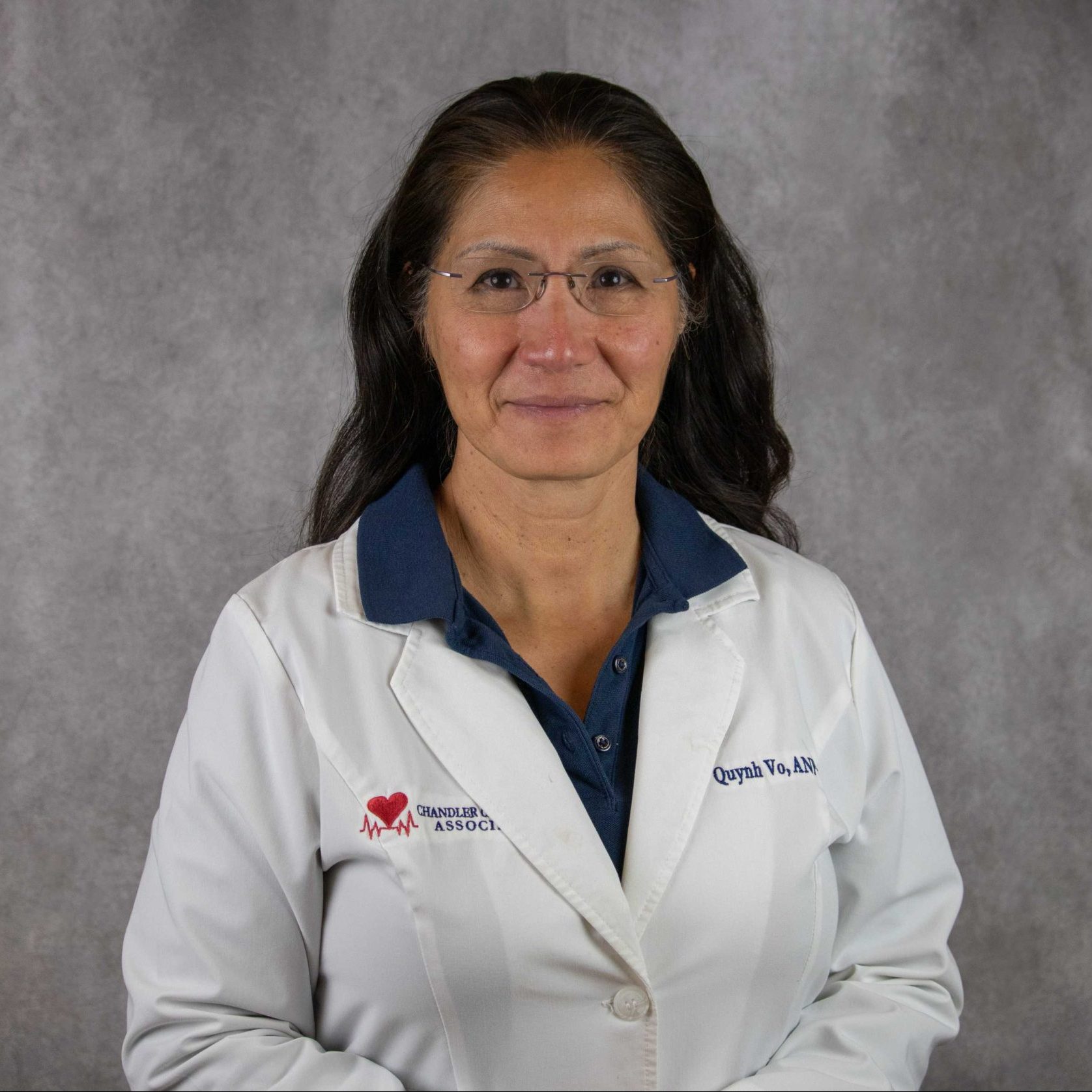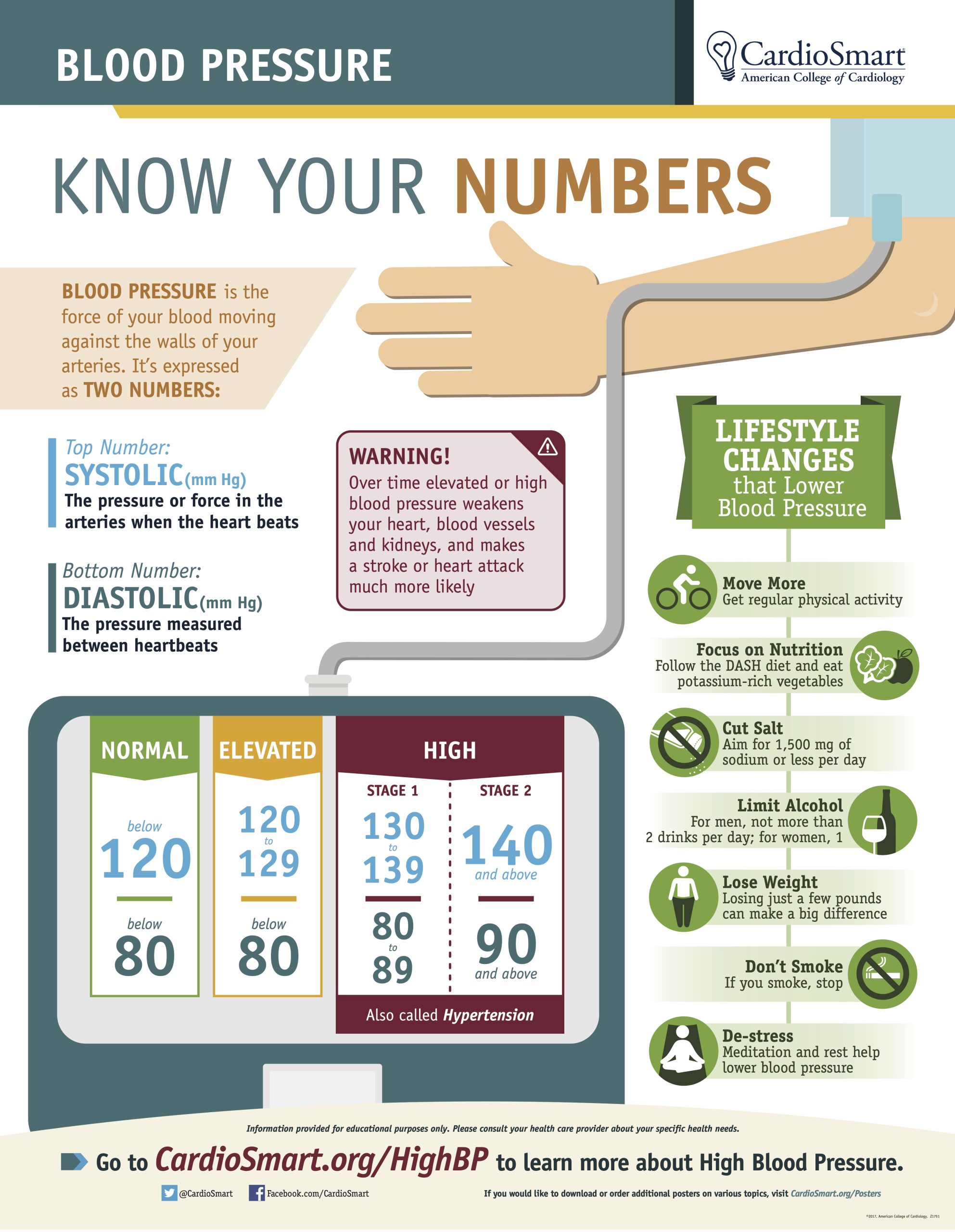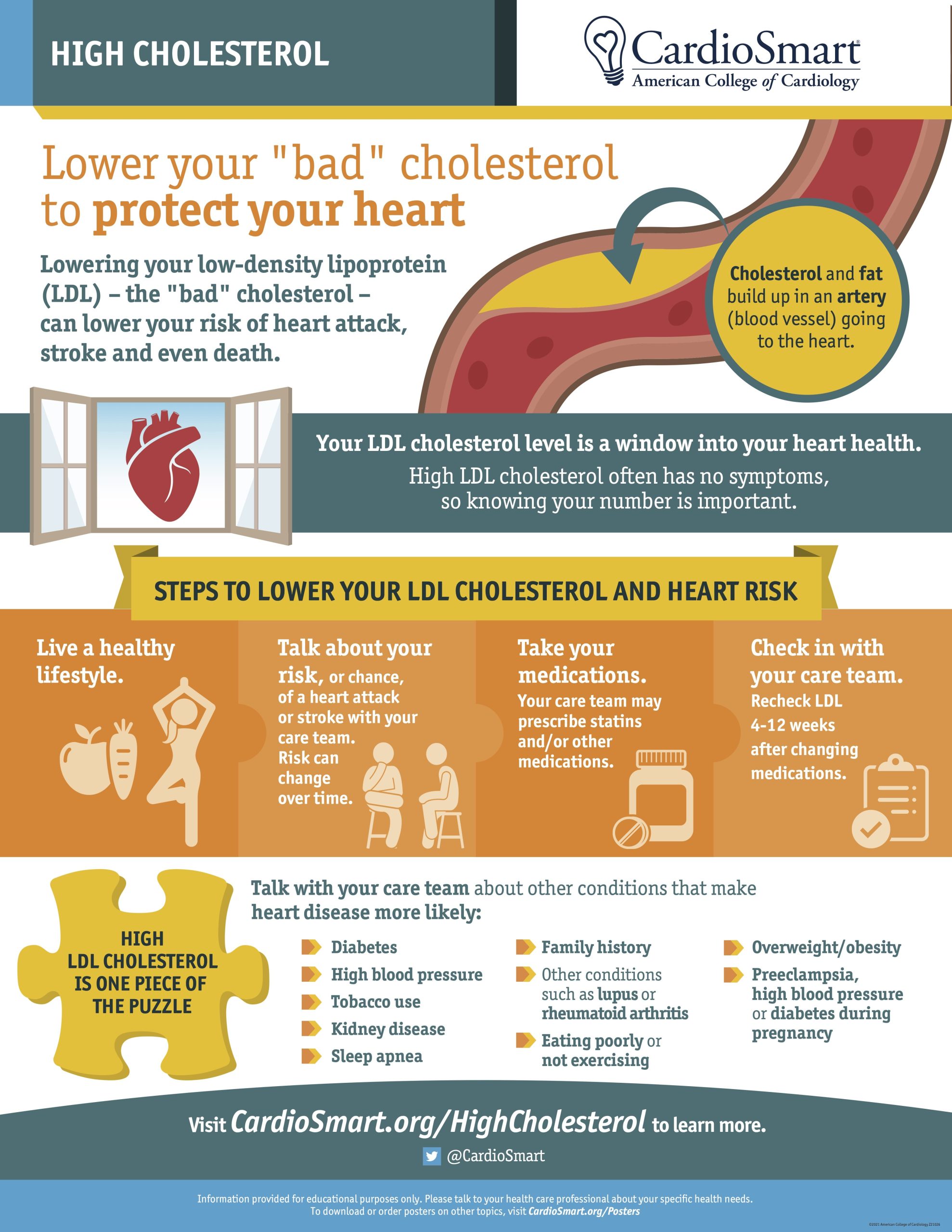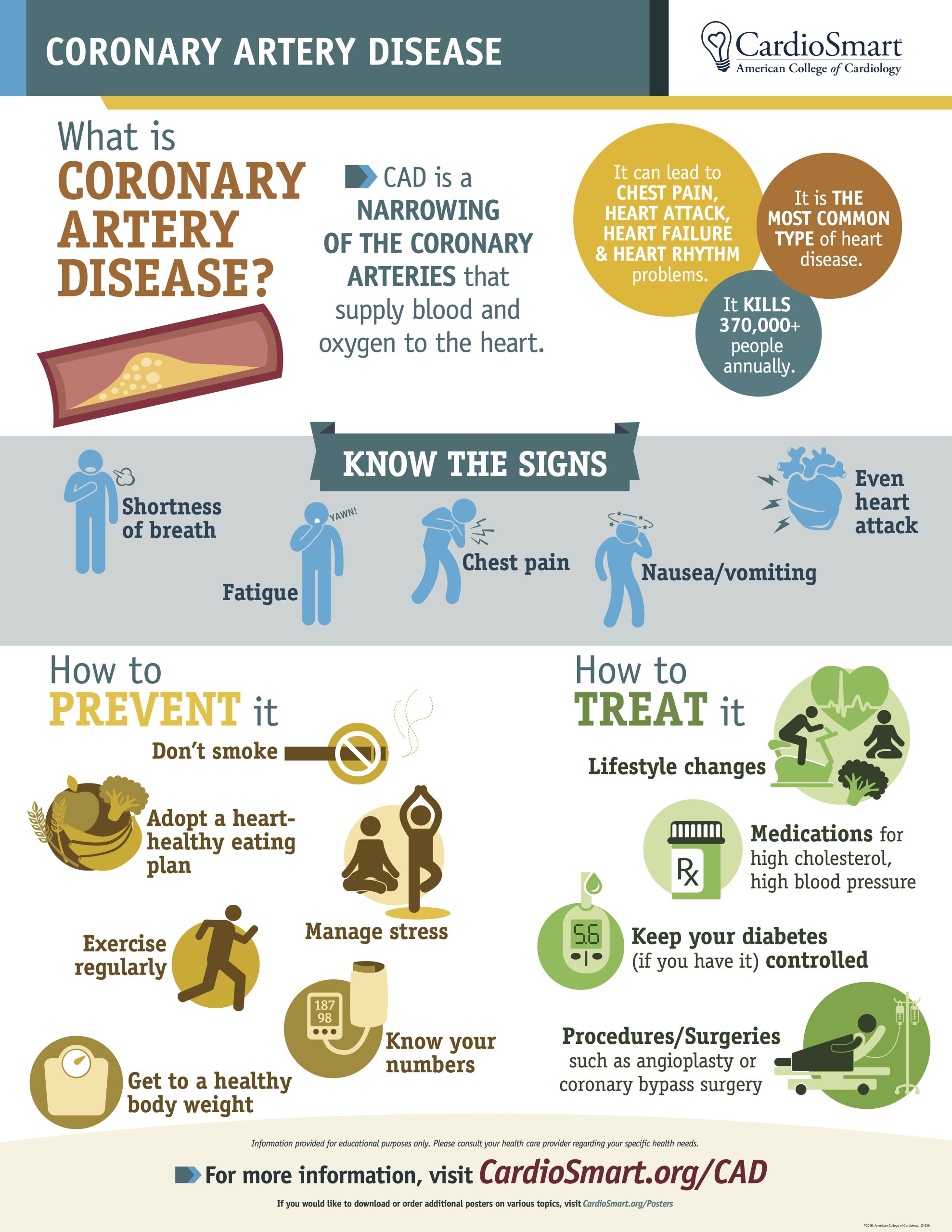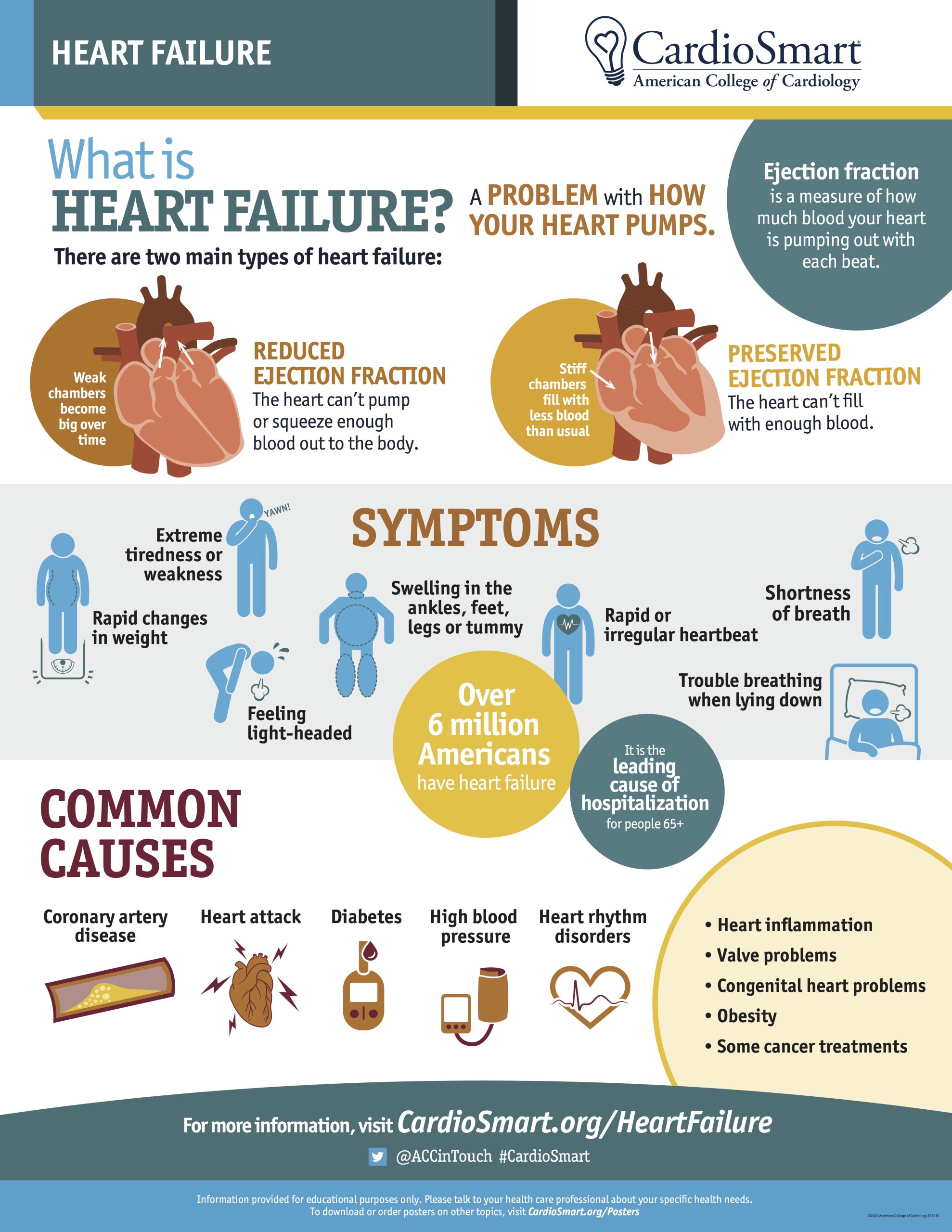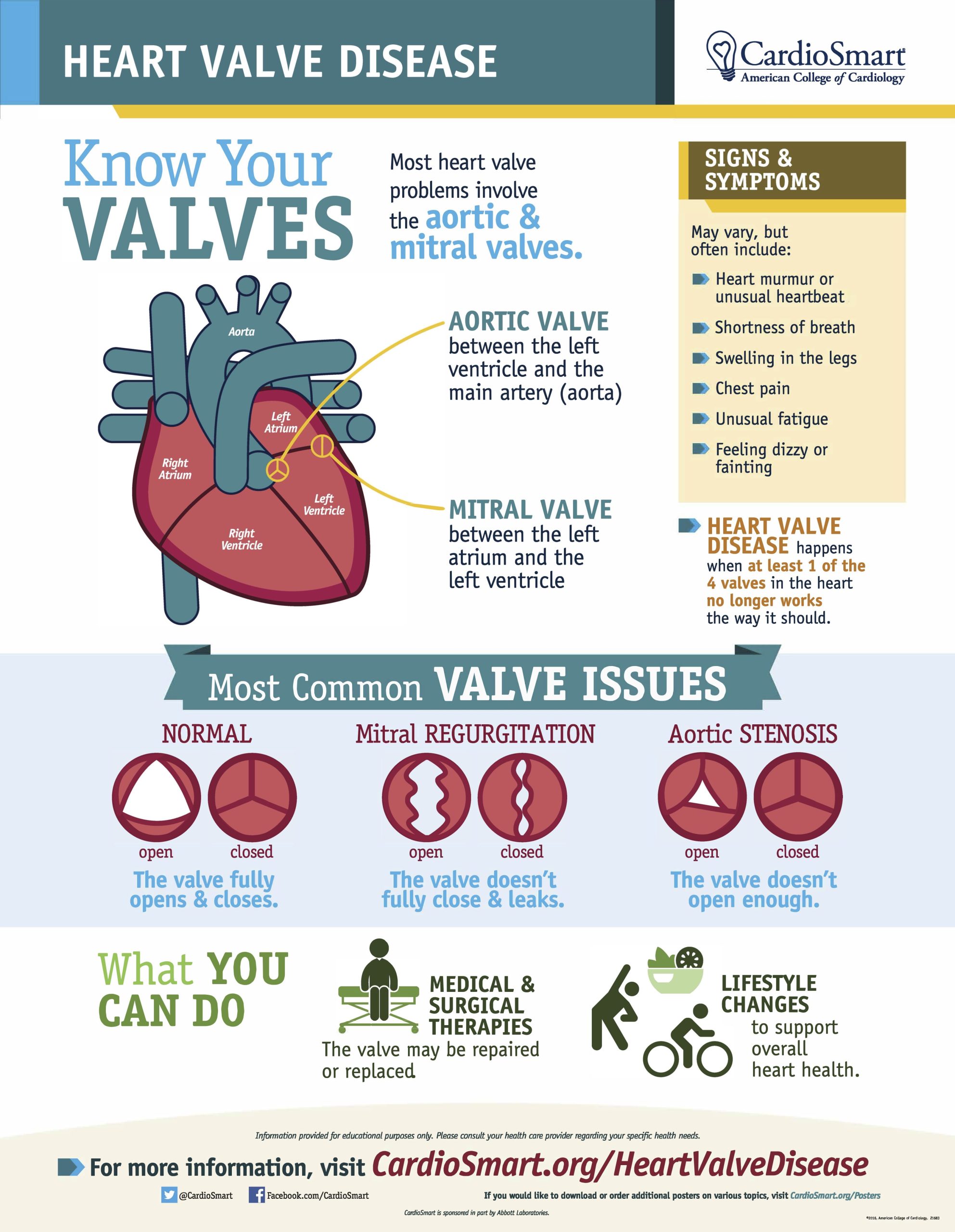Schedule an Appointment Today
Welcome to Chandler Cardiology Associates
Heart doctors that care. Cardiovascular disease is the leading cause of death worldwide and is oftentimes preventable. Early detection of cardiovascular disease and risk modification can be the difference between life and death. At Chandler Cardiology we provide the most innovative and thorough care to our patients to help prevent cardiac events and to prolong life.
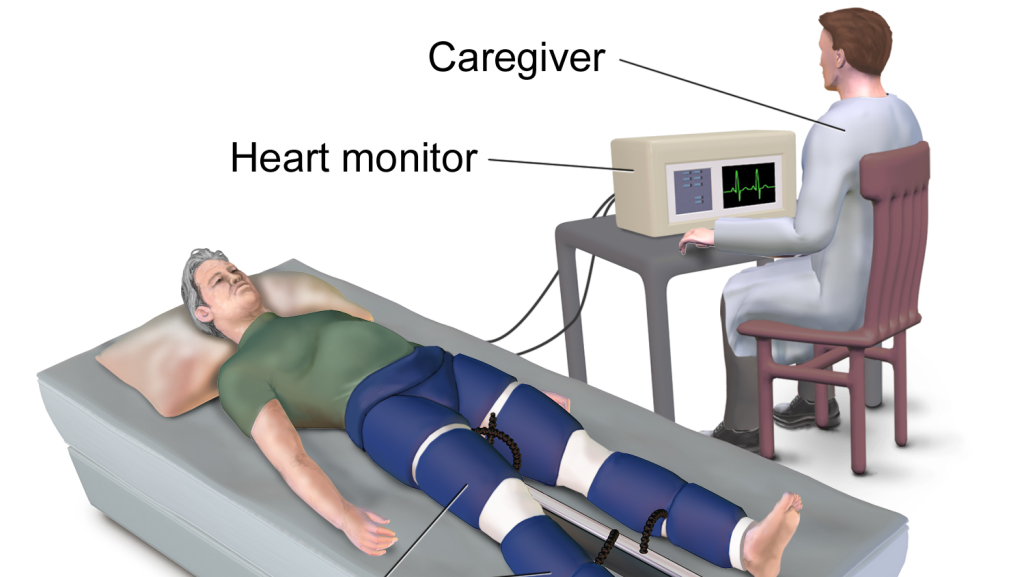
Now Offering EECP Therapy
Enhanced External Counter Pulsation (EECP) therapy has been proven to decrease chest pain, fatigue, and shortness of breath. Treatment is administered through three pairs of external inflatable cuffs that are applied around the lower legs, upper legs and buttocks.
Meet Our Providers
What We Offer
World class heart care, treatment, and cardiac testing.
CORONARY ARTERY DISEASE
Percutaneous coronary intervention, also known as coronary angioplasty, opens narrowed coronary artery.
CAROTID ULTRASOUND
A carotid ultrasound is a noninvasive, painless procedure that uses sound waves to examine the carotid arteries in the neck.
PACEMAKER
A pacemaker is a small device, about the size of a pocket watch, that's placed under the skin near your heart to help control your heartbeat.
STROKE TREATMENT: CAROTID AND INTRACRANIAL STENTS
If you’ve had a stroke, or have severe atherosclerosis in the brain arteries, carotid or intracranial stents may be an option for you.
ANKLE-BRACHIAL INDEX
The ankle-brachial index test is a quick, non-invasive way to assess your risk for peripheral artery disease, a condition in which the arteries in your legs and ankles are narrowed.
EECP THERAPY
Enhanced external counterpulsation (EECP) therapy is chest pain therapy approved by the FDA. It treats long-term chest pain or pressure that doesn’t respond to other treatments.
PERIPHERAL ARTERY DISEASE (PAD)
Peripheral artery disease is a common condition in which narrowed arteries reduce blood flow to the arms or legs.
IMPLANTABLE CARDIOVERTER-DIFIBRILLATORS (ICDS)
An implantable cardioverter-defibrillator (ICD) a pager-sized device which is implanted in your chest.
HEART ARRHYTHMIAS
Heart arrhythmias occur when the electrical impulses in your heart that coordinate your heartbeats don't function properly, causing your heart to beat too fast, too slow or irregularly.
Diagnostics and Treatment
Here are a few outlets where our cardiologists have been showcased.
High Blood Pressure
High blood pressure, also known as hypertension, can be treated or prevented. Blood pressure is a measure of how hard blood pushes against artery walls as it moves through the body. When blood pressure is too high, it can put a strain on the heart and lead to health problems like heart attack, stroke, or heart failure over time. High blood pressure can also weaken the heart, blood vessels, kidneys, and other parts of the body. Blood pressure can affect your body in many ways. Untreated, high blood pressure increases the strain on the heart and arteries, and it can eventually lead to:
- blood vessel damage (atherosclerosis)
- heart attack
- stroke
- heart failure
- kidney failure
- eye damage
High Cholesterol
Cholesterol is a waxy, fat-like substance that travels through the blood. Your body makes the cholesterol it needs. But you also get it from the food you eat. Too much cholesterol can be dangerous. That’s because, over time, cholesterol and fat can build up as plaque in the inner walls of the arteries that supply blood to the heart and other parts of the body. This can cause a narrowing of the arteries (atherosclerosis), which is a major cause of heart and blood vessel disease.
If you have high cholesterol, you’re certainly not alone – about 2 in 5 adults in the U.S. have high cholesterol. The good news is that high cholesterol is often preventable and treatable. Adopting a healthy diet, getting regular exercise and, in some cases, taking medication can go a long way to help lower your cholesterol and protect your heart.
If you have high cholesterol, you have a greater chance of developing heart disease, or having a heart attack or stroke. Hear from people living with high cholesterol as they share their experiences and offer tips about what worked for them.
Coronary Artery Disease
Coronary artery disease (called CAD for short) is the most common type of heart disease. It happens when your coronary arteries – which act like fuel lines to supply blood rich with oxygen and nutrients to the heart – become damaged or diseased. The main cause is a buildup of fat and cholesterol in the blood that sticks to the inner walls of the arteries (this is also called atherosclerosis). An unhealthy lifestyle, including a poor diet and lack of exercise, increases your risk of developing heart disease. In some cases, a family history of CAD plays a role.
Over time, the arteries can narrow or become blocked. Keep in mind, CAD typically develops over decades, so many people don’t even know they have it until it starts causing problems. Also, the disease affects blood vessels throughout the body. When you have CAD, your heart muscle may not get the blood and oxygen it needs. This can result in chest pain (angina) or a heart attack. For many people, this may be the first sign they have CAD. CAD is often to blame for heart failure and heart rhythm disorders (arrhythmias), too.
Congestive Heart Failure
If you have – or think you have – heart failure, it’s normal to feel scared. But you’re not alone. More than 6 million Americans have heart failure. Contrary to how it sounds, heart failure does not mean that your heart has stopped beating. It refers to a number of conditions that can affect the way the heart works, its structure, or both.
Over time, heart failure makes it harder for the heart to pump enough blood and oxygen to meet your body’s needs. That’s why most people with heart failure get short of breath, especially when they are active. Even climbing the stairs or carrying groceries may leave you winded. Of course, your symptoms will depend on the type of heart failure you have.
Because it’s a lifelong condition, you must take an active role in your care to stay well. The more informed and equipped you are to manage heart failure, the better you may feel. Use this condition center to learn more about heart failure and ways to help you feel your best.
Valvular Heart Disease
In heart valve disease, one or more of the valves in the heart doesn’t work properly. There are four heart valves. They keep blood flowing through the heart in the correct direction. Sometimes a valve doesn’t open or close all the way. This can change how blood flows through the heart to the rest of the body. Heart valve disease treatment depends on the heart valve affected and the type and severity of the disease. Sometimes surgery is needed to repair or replace the heart valve.
Did you know that the walls of your heart are made up of three layers? The outer layer is called the epicardium, the middle layer is the myocardium, and the innermost layer is the endocardium. Inflammation of this innermost layer and of your heart valves is called endocarditis. Endocarditis is usually caused by a bacterial infection. Bacteria enter your bloodstream from another part of your body and are more likely to attach to damaged areas in your heart. Because of this, you are at higher risk of developing endocarditis if you already have a damaged or artificial heart valve.
More...
If you want to learn more about the heart, we recommend CardioSmart, a patient engagement program brought to you by the American College of Cardiology. You can learn more from their website.
Chandler Cardiology Patient Reviews
Below are the most recent reviews of Chandler Cardiology.
4.7
Based on 144 reviews
powered by Google
Very clean and professional, receptionist were very kind and helpful. Dr. and staff helped to explain everything and made me feel safe and comfortable.
Thank you for explaining my treatment options and the reasoning for them so clearly.
Professional, knowledgeable and always helpful with what is necessary/needed for my ultimate overall health.!!
I had four visits just recently for tests and results. Everything was like clockwork. The receptionist was helpful and kind, the nurse was efficient, and the person who did the testing was very knowledgeable and worked with concern and performed her testing carefully and thoroughly.
I did not see the doctor, but his assistant explained the results in terms easily understood.
Thank you to the entire staff.
I did not see the doctor, but his assistant explained the results in terms easily understood.
Thank you to the entire staff.
Dr Shakoor and his staff are great. Dr. Shakoor took his time with me and I didn’t feel rushed like other offices can make you feel. The staff is professional and very nice not rude or short. I feel like my heart is in good hands lol. I heart this office.
Today was a great visit. Lauren, the medical assistant was awesome. She got me checked in, took my vitals. Went over my prescriptions, performed the EKG and another test. She was so professional and kind. My visit with Quinn was very thorough. She didn't mind spending extra time with me to explain some new heslth concerns. She went over recent testing and prescribe me some new updated medication. Dr. Shakoor and the entire staff are always pleasant and great to work with!!
accurate, kind, compassionate professionalism, excellent. My experience has been one of worry, however, Dr. Shakur has put my heart at rest and has taken great care of my condition improving every day due to his consultation diagnosis. Highly recommend an excellent office.
Dr Shakoor you the best , thank you for all you done for me and keep saving my life God bless you .
Had a complete heart check over the past few weeks and all the results today were good. I'm pleased with the service I received except for the ice cold lobby.
Our patient care by the numbers
Patient's served
0
+
Length of practice
0
years

